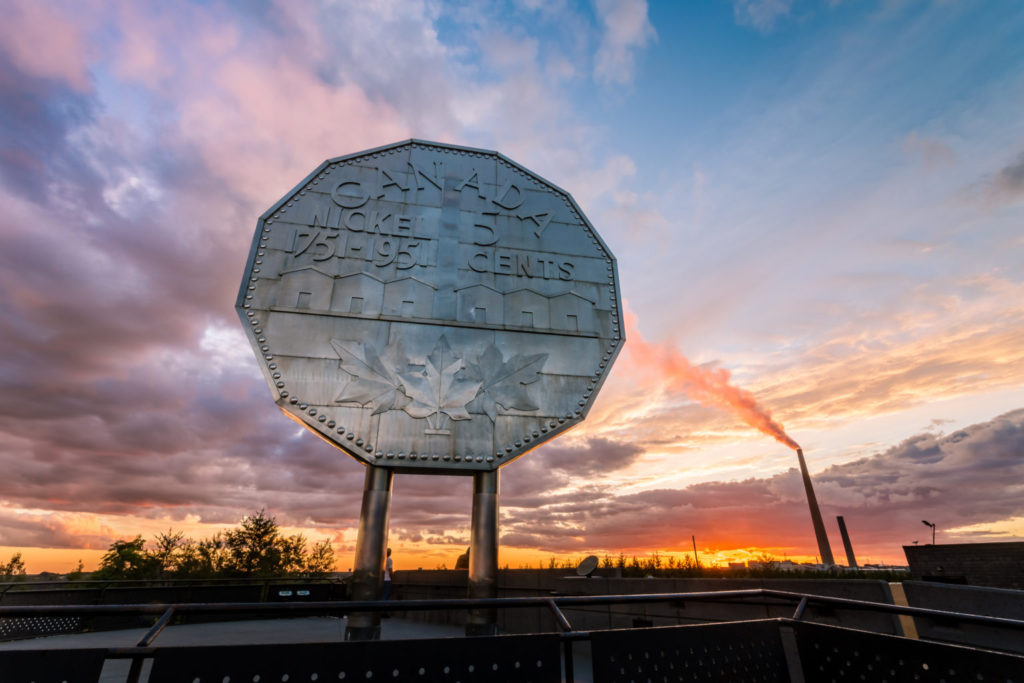Time to get serious or become “uninvestable”

In the midst of crisis, we are being inundated with platitudes by governments across the country. This should worry everyone. While it will not be easy, this is the time for determined action by policy makers.
“When it comes to big capital projects, time is both money and risk”
Mike Henry, CEO of BHP Mining
I started pulling this thread following news of the recent visit to Canada by Mike Henry, CEO of BHP Mining, the largest mining company in the world. Mr. Henry, a Canadian transplant to Australia, expertly outlined the challenges facing the industry and cautioned that Canada might miss inbound investment if it does not start to move the dial on investment conditions and permitting time frames. He spoke with authority as one of the largest investors in Canada, with BHP having invested $20 billion to build out their potash resources. I thank him for the frank advice and propose to add some suggestions about how we can meet his challenge.
Projects in the national interest
While Canada has listed and updated lists of critical minerals, this approach has not advanced a single project. Under new legislation and a federal-provincial agreement, proponents should be invited to request that their critical mineral project be designated a “project in the national interest.” In the first instance, projects could only be designated if an initial review concludes within 30 days of application that there are no factors identified which indicate that environmental approval should not be given on reasonable conditions. The regime must, from this point forward, focus only on how, and not if, a project will be permitted.
One wicket, one process, one timeline
Once designated, a “project in the national interest” will be the subject for a meeting of the prime minister with the premier of the applicable province within 30 days. While they may devolve this power to any minister, any devolution must include the authority to enter into the required agreements to progress the project.
The ministerial meeting must promptly result in an agreed timeline and scope of review. The review will, absent special considerations, require a complete deferral of any federal environmental assessment to the provincial regime. The standards for review must only be scientific, with a focus exclusively on environmental and human health. The perversions of environmental assessments to consider gender, identity, and other subjective matters must end. A firm timeline must be published with any extensions conditioned on prior approval of the proponent.
Respecting communities
The federal government should appoint (in consultation with the impacted province) a community consultation arbitrator with full powers to make findings and orders in the national interest. The arbitrator will convene public meetings of effected parties for any “project in the national interest.” Our state of emergency is so great that there can no longer be private consultations and private agreements. Needless to say, non-resident intervenors can neither be permitted nor funded. The Crown’s arbitrator will convene and supervise consultations, order benefit sharing arrangements, and provide binding terms for community approval.
Some community support will require government to be at the table to provide funding for critical infrastructure. For remote projects this will include transportation which helps the project and the community. This support must also include financing to install, develop, or expand community facilities, such as water treatment infrastructure which we have somehow not completed after a promise made and violated over the last nine years.
The cost of doing nothing should be seen in the caution that BHP gave in Queensland, Australia, that state policy had rendered the jurisdiction “uninvestable.” Most investors will not bother making this kind of fuss, they will just quietly move on to more fertile ground. The price of failure will be counted in the continued diminution of our currency, declining productivity, lost opportunities for our children, and deterioration in private and public facilities (such as the much-lauded healthcare system). Is it a coincidence that everything seems broken at a time when the desirability of Canada as a place to do business is in question?
My prescription may not be the definitive answer, but we need to start and go fast. We seem to be having fun thumping our chests and cancelling our trips to the U.S., but it is far more important that we get to work.
Sander Grieve is a partner at Bennett Jones LLP in Toronto. He practises public market finance and M & A, focusing on global mining exploration, development, and extraction.
Disclaimer: The opinions expressed in this article are solely those of the author and do not necessarily reflect the views or positions of the Canadian Mining Journal.
Comments
Karl Kelton
A good start to a practical , implementable framework. What’s needed is the mobilization of the general public to get projects reviewed and permitted ASAP. The media has a positive role to play here. Doug Ford, a proponent of minerals development in the North can play a leading role by advocating every day, on the need to directly support development. In light of current economic developments, this would be one way to positively react in a non retaliatory manner.